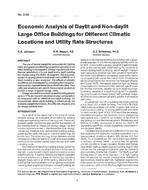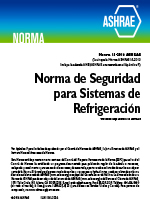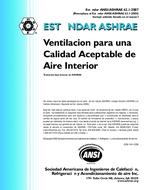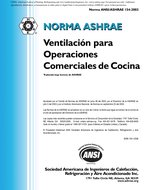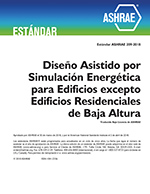Description
The use of natural daylight to reduce electric fighting loads and space conditioning equipment operation in an office building is investigated. Energy requirements from thermal simulations of a non-daylit and a day/it building are studied using the DOE2.1B program. The economic impact of varying glass-to-waft-area ratios (GWAR) on daylit building is also analyzed. The effects of climatic conditions are investigated by simulating therma/ perfor. mance at four representative North American cities. Four utility rate structures are used in the economic analysis to provide a range of typical energy costs.
Energy simulation results for a day/it building predict up to a 17% decrease in electrical energy consumption as compared with an identical non-daylit building. An economically viable daylit building is influenced by the available daylight illuminance, the utility rate structure, and the design window area.
Citation: ASHRAE Transactions, vol. 95, pt. 1, Chicago 1989
Product Details
- Published:
- 1989
- Number of Pages:
- 9
- File Size:
- 1 file , 1.1 MB
- Product Code(s):
- D-23560
